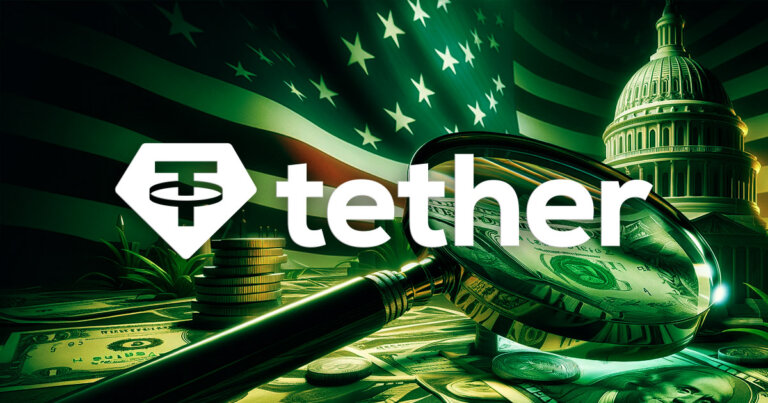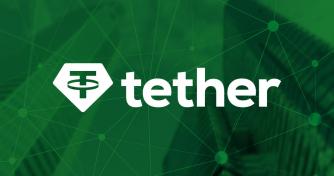 Tether collaborates with FBI to recover $1.4 million in scam targeting seniors
Tether collaborates with FBI to recover $1.4 million in scam targeting seniors Tether collaborates with FBI to recover $1.4 million in scam targeting seniors
Tether assists US and FBI in reclaiming $1.4 million from crypto tech scam and expands its stablecoin utility with Celo integration.

Cover art/illustration via CryptoSlate. Image includes combined content which may include AI-generated content.
Stablecoin issuer Tether collaborated with the US Department of Justice and the Federal Bureau of Investigation (FBI) to seize $1.4 million USDT associated with a tech support scam network, according to a Mar. 12 statement.
The fraudulent scheme targeted vulnerable elderly individuals through deceptive pop-up advertisements. These misleading ads falsely alerted victims to compromised devices, leading them to seek assistance from supposed tech support.
Upon contacting the provided number, victims fell into the trap of scammers who claimed their accounts were compromised. Subsequently, victims were directed to individuals posing as bank representatives, who coerced them into converting their funds into cryptocurrencies and transferring them to hacker-controlled wallets.
Tether said the reclaimed funds would be returned to the victims of the fraud.
Paolo Ardoino, Tether’s CEO, said:
“The seizure of $1.4 million worth of Tether (USDT) marks a significant milestone in our ongoing efforts to uphold integrity in this rapidly evolving industry.”
Notably, this development aligns with Tether’s ongoing campaign against malicious players’ illicit use of cryptocurrencies. Ardoino stressed that the firm remains committed to “safeguarding users and eradicating illicit activities.”
USDT expands to Celo
Tether’s USDT has also integrated with the mobile-centric layer-1 platform Celo.
The integration promises significant benefits for USDT, such as low transaction fees. Also, it broadens the utility of stable assets on Celo, spanning remittances, savings, lending, peer-to-peer (P2P) transactions, and cross-border payments.
Ardoino described Celo as an “important new transport layer” because of its low transaction fees and focus on emerging markets. Celo is in the process of transitioning to a layer 2 network built on Ethereum.
Celo’s core contributor development team at cLabs will propose using USDT as a gas currency within the ecosystem. This initiative aims to streamline transactions, enhancing efficiency within decentralized applications (dApps) specializing in payments, lending, and more.
Interestingly, USDT’s major stablecoin rival, Cicle-issued USDC, expanded similarly to Celo in January.












































































